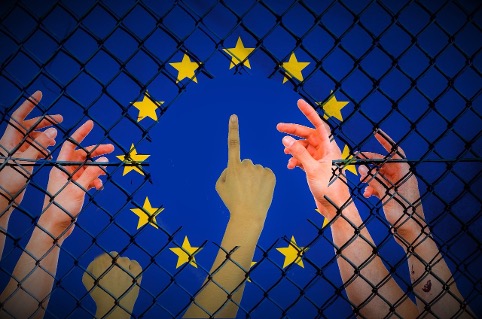Staatssecretaris van Justitie en Veiligheid, Case C-646/21, CJEU (Grand Chamber), 11 June 2024

In case C-646/21, the Court of Justice of the European Union addressed the notion of “particular social group” as a ground of persecution capable of leading to the recognition of refugee status under Directive 2011/95/EU (the s.c. Qualification Directive). The reference for a preliminary ruling concerned whether the membership of “a particular social group” under Article 10(1)(d) of Directive 2011/95 could be based on an individual’s identification with gender equality and the adoption of “western norms and values” influenced by that principle—acquired during a significant period of residence in the host Member State.
The applicants, two Iraqi minors, argued that, having internalized Western values during their stay in the Netherlands since 2015, they would face a real risk of persecution if returned to Iraq.
The Court ruled that, depending on the conditions in the country of origin, female nationals—including minors—who have genuinely and durably identified with the fundamental value of gender equality during their stay in a Member State may constitute “a particular social group” for the purposes of international protection. This is conditional upon such identification being regarded as an essential aspect of their identity or conscience in the country of origin, and where non-compliance with or transgression of local gender norms could result in acts of persecution within the meaning of Article 9(1) of Directive 2011/95/EU. In response to a further question, the Court also held that Article 24(2) of the Charter of Fundamental Rights of the European Union, which enshrines the principle of the best interests of the child, requires national authorities to conduct a thorough and individual assessment of the child’s best interests before deciding on an application for international protection.
The Court’s judgment in C-646/21 offers an important clarification on the scope of persecution grounds related to the membership of a particular social group. It acknowledges that integration experiences in the host Member State, along with the internalization of fundamental values such as gender equality, may form part of a person’s core identity. As a result, returning to a context where such values are not recognized may expose the individual to a well-founded fear of being persecuted under the Directive. At the same time, the Court stresses the need for a rigorous, case-by-case, assessment of the sincerity and depth of the applicant’s identification with those values, and the real risk of persecution they would face upon return.
(Comment by Valeria Salese)

